How to Prepare Your Home For Winter
Winter in Australia presents a unique set of challenges with the country’s diverse climates.
This blog provides comprehensive advice on how to prepare your home for winter in WA, focusing on common issues specific to the region. We cover essential steps, from improving insulation to combat the southern chill, ensuring gutters can handle heavy rains, and servicing heating systems for safety and efficiency. At PWA Electrical Services, our goal is to provide you with practical, easy-to-follow tips for winter preparation.


What To Have On Your To-Do List
The first step in knowing how to prepare your home for winter is ensuring your heating systems are in the best condition before the temperature begins to drop.
Professional Electrical Inspections
Before winter sets in, have a professional electrician inspect your wiring, especially your electric hot water system if you have one. A thorough electrical inspection will identify any potential issues that could compromise safety or efficiency.
Maintenance and Cleaning
Regular maintenance, such as checking for blockages in your electric hot water system, ensures efficient operation. Dust and debris can reduce performance and increase energy consumption, so it’s important to keep the system clean.
Safety Checks
Safety is paramount for any electrical system. Ensure all electrical connections are secure and show no signs of wear or damage. Address any issues promptly to prevent potential hazards. Our team at PWA Electrical Services conducts thorough safety checks, ensuring all components of your home’s electrical systems are functioning safely and efficiently.
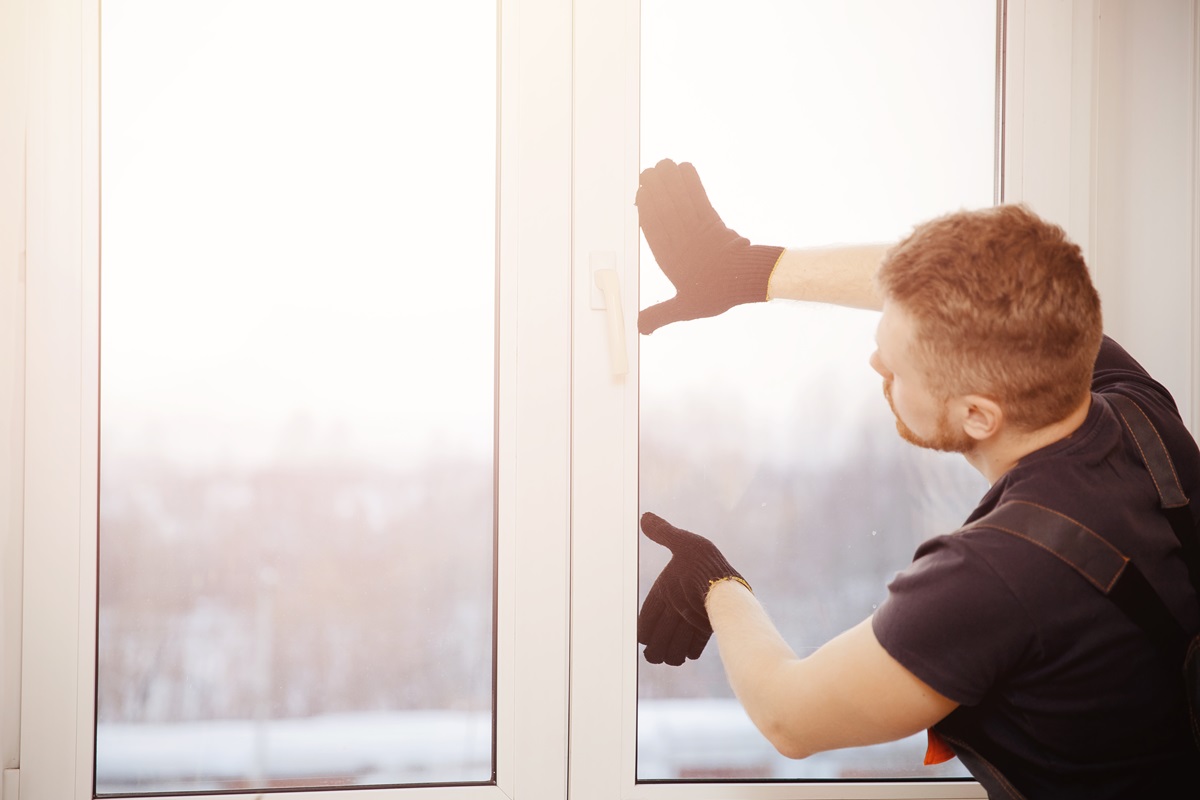
Home Improvements Before The Weather Turns
A well-insulated home retains heat better, reducing the strain on your heating systems and lowering energy bills. Identifying and sealing any known drafts is a great first step in keeping you cosy when the temperature drops.
Identify Drafts
Common areas where drafts occur include windows, doors, and roofs. Conduct a thorough inspection to identify any gaps or cracks. Pay special attention to older windows and doors, as these are often less efficient at keeping out cold air.
Sealing
Use weatherstripping and caulking to seal gaps around windows and doors. For larger gaps, consider using expanding foam sealant. Draft excluders at the bottom of doors can also make a significant difference.
Upgrading Your Insulation
Adding or upgrading insulation in your roof and walls can greatly improve your home’s ability to retain heat. Insulation is rated by its R-value, which measures its effectiveness. Higher R-values are more effective, so try to keep that in mind when you’re choosing the best option for your property.
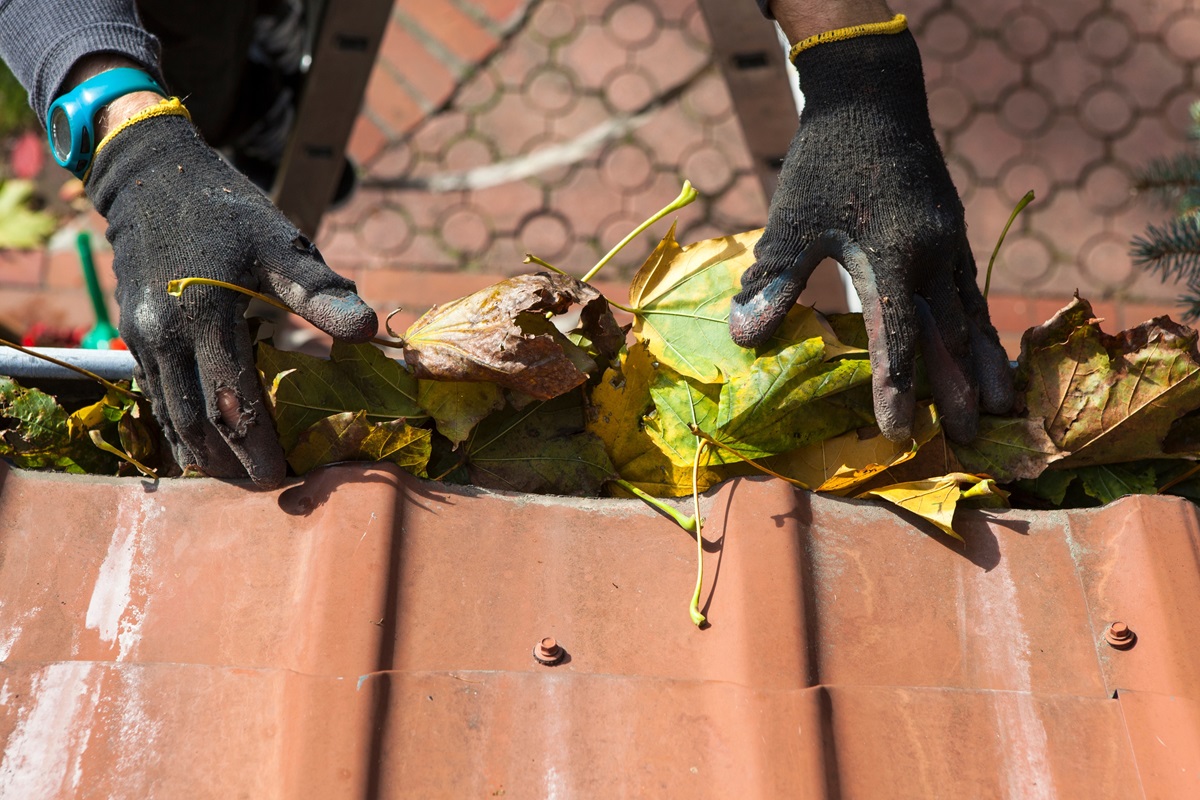
Checking Your Gutters
Properly maintained gutters and downpipes are essential for preventing water damage and ensuring effective drainage during winter rains.
Remove Debris
Gutters can become clogged with leaves, twigs, and other debris, leading to blockages. Clean your gutters regularly to ensure water can flow freely. Use a ladder to safely reach your gutters and remove all debris by hand or with a gutter scoop.
Inspect Your Downpipes
Ensure that downpipes are free of obstructions and direct water away from the foundation of your home. Consider adding extensions to downspouts to improve your drainage system further.

Check Roof and Electrical Safety
Ensuring the integrity of your roof and the safety of your electrical systems is crucial for preventing winter-related damage and hazards.
Roof Inspections
Before winter, inspect your roof for any signs of damage or leaks. Look for missing or damaged tiles and check for any areas where water could penetrate. Repair any issues promptly to prevent water damage during winter rains.
Checking Your RCDs
In the winter, this is where you’re most likely to experience circuit trips or a system overload where your RCD will cut your power due to the event of a fault. Make sure to test your RCDs regularly to ensure they’re functioning properly. If you’re unsure of how to do this, read our blog, Understanding How to Test an RCD, or save yourself the hassle and call our team at PWA Electrical Services.
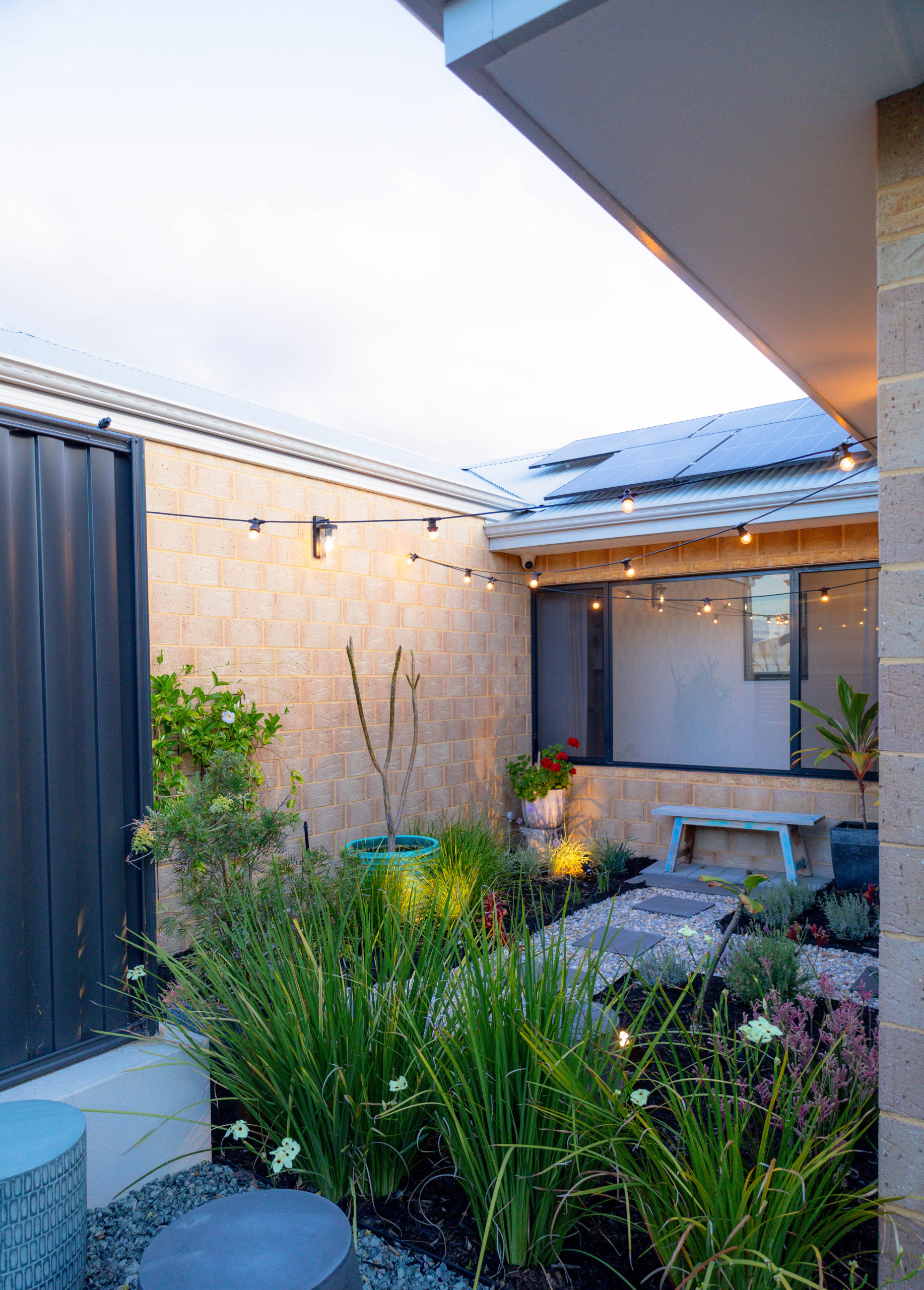
Don’t Forget Your Garden Areas
Preparing the house for winter doesn’t just mean checking your pipes and insulation, it also includes your garden. The winter, with its rain and wind, can take a drastic toll on your outdoor furniture and the areas around it. Knowing how to prepare these areas can help prevent lasting damage and save you money on repairs or replacements when the warmer weather returns.
Store or Cover Your Roof-Mount Evaporation Unit
Protecting your evaporative unit from rain and other debris will ensure when summer comes around, it’s ready to go. Our skilled electricians at PWA Electrical Services can provide a winter shutdown of your unit to make sure it’s in top condition as the days heat up.
Inspect Your External Outlets
As the seasons get colder, it’s always a good idea to do an extensive inspection of your outdoor power points, especially around areas such as your pool, garden lights and even if you have a fountain pond. If they’ve been consistently exposed to direct UV, this can lead to cracking or the housing breaking down on certain types of outlets. At PWA Electrical Services, we can provide you with a compressive electrical inspection to have everything in working order, to keep you safe during the colder months.
Inspect and Seal Any External Gaps
You should have already identified any internal gaps and sealed them up but don’t forget on the outside. Anything left open is a great entrance for any cold air and bugs to come in. Inspect your home’s exterior walls for gaps and seal them with caulking or expanding foam. Make sure to pay special attention to areas around windows, doors, and utility penetrations.
Cover Any Bodies of Water
If you have a pool or pond, cover the equipment to protect it from the elements. This includes your pumps, filters, and any exposed pipes. Use specially designed pool covers or tarps to keep your equipment safe.
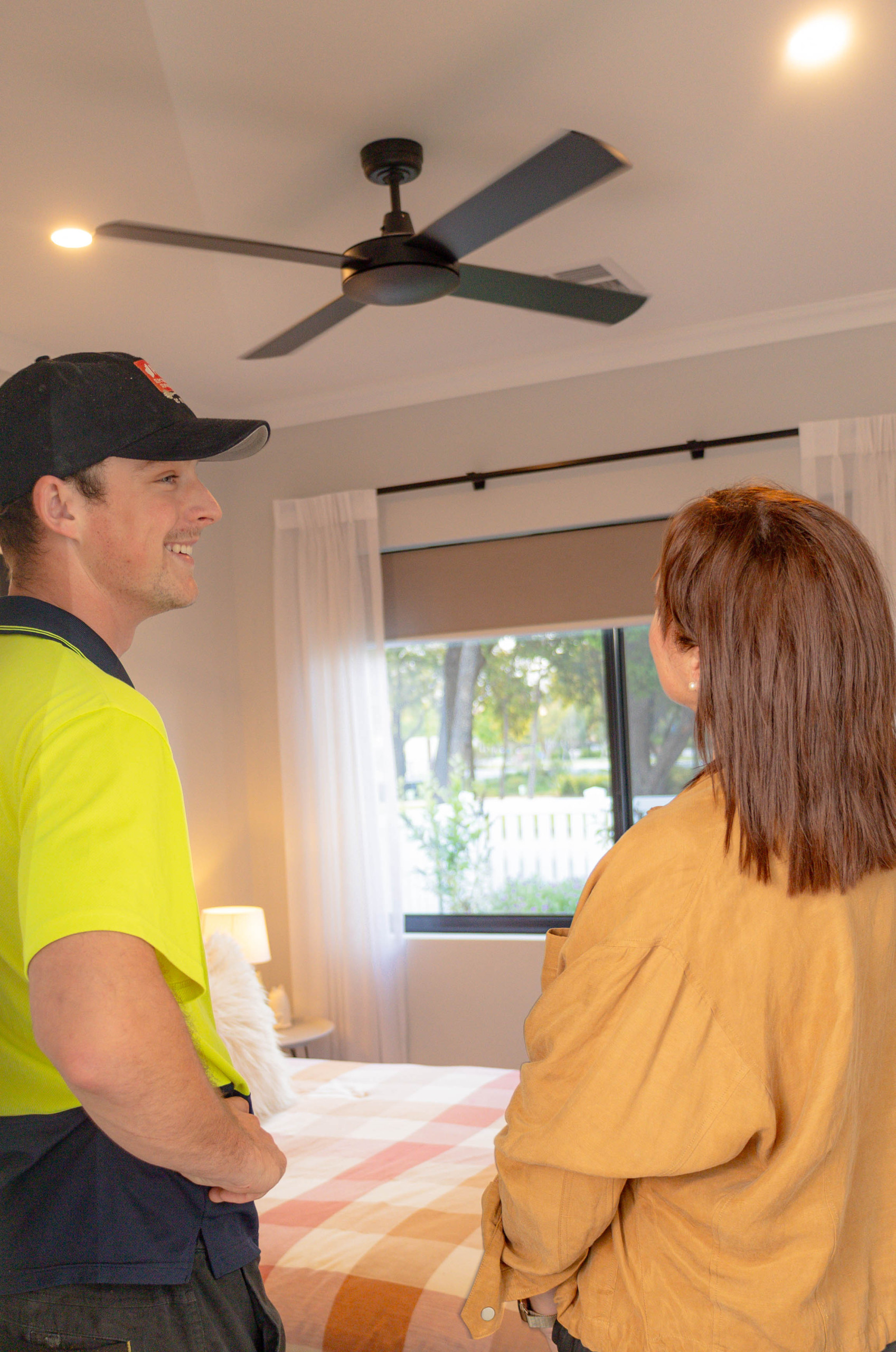
Enhancing Your Energy Efficiency
Improving your home’s energy efficiency not only reduces your environmental footprint but also lowers your energy bills.
Installing a Timer
Installing a timer can allow you to set your heating system to operate only when you need it to. This can lead to significant energy savings by reducing heating during times when you’re not home or asleep.
Energy-Efficient Appliances
Upgrading to energy-efficient appliances and lighting can further reduce your energy consumption. Look for appliances with high energy star ratings and consider switching to LED lighting, which uses less energy and lasts longer. PWA Electrical Service can do an audit of your current set-up and provide you with some recommendations to assist in energy-efficient consumption.
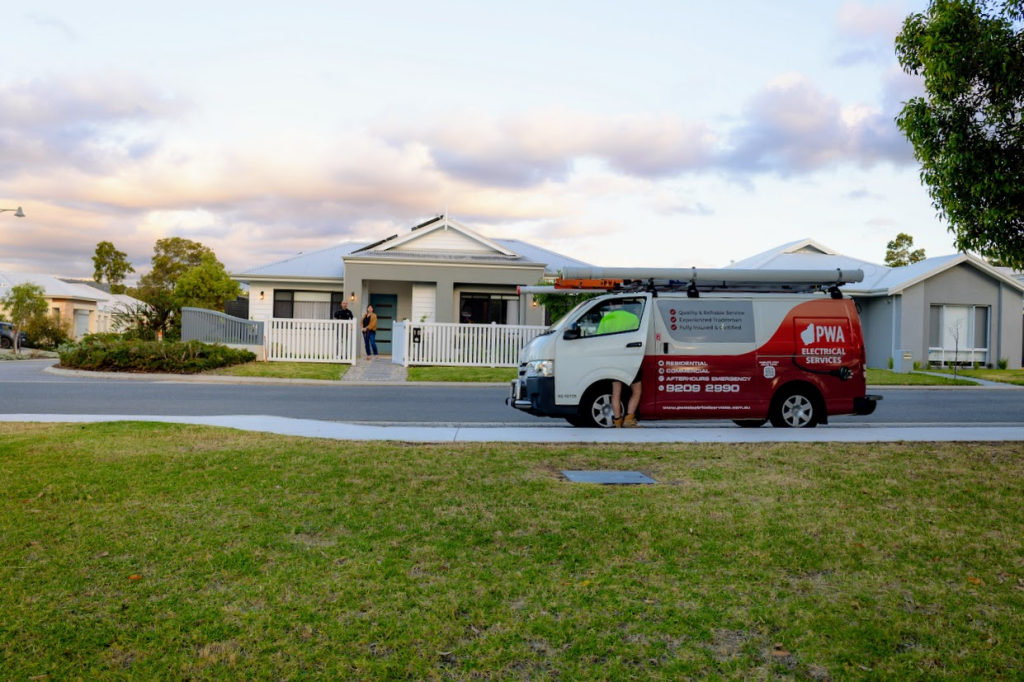
Knowing how to prepare your home for winter in Australia involves a combination of inspections, maintenance, and upgrades. By taking proactive steps to inspect and service your heating systems and prepare your outdoor areas, you can create a warm, safe, and energy-efficient home. These measures not only enhance your comfort during the colder months but also help you avoid costly repairs and reduce your energy bills.
With PWA Electrical Services, our team will make sure everything works as it should, allowing you to enjoy the winter in a safe and secure home. Get in touch with our licensed residential electricians and see how we can help you.